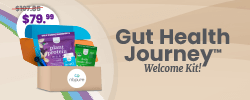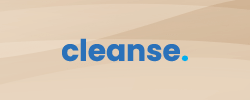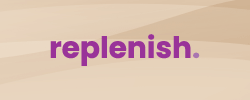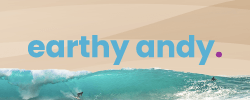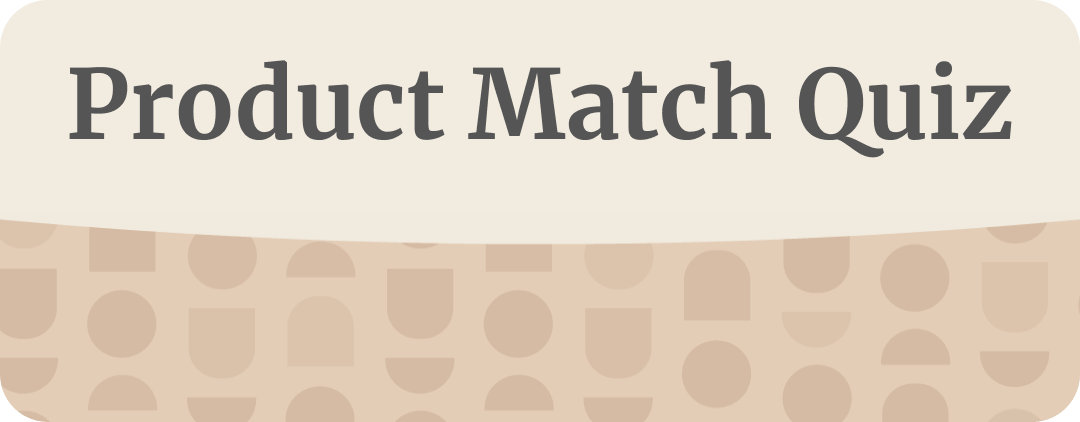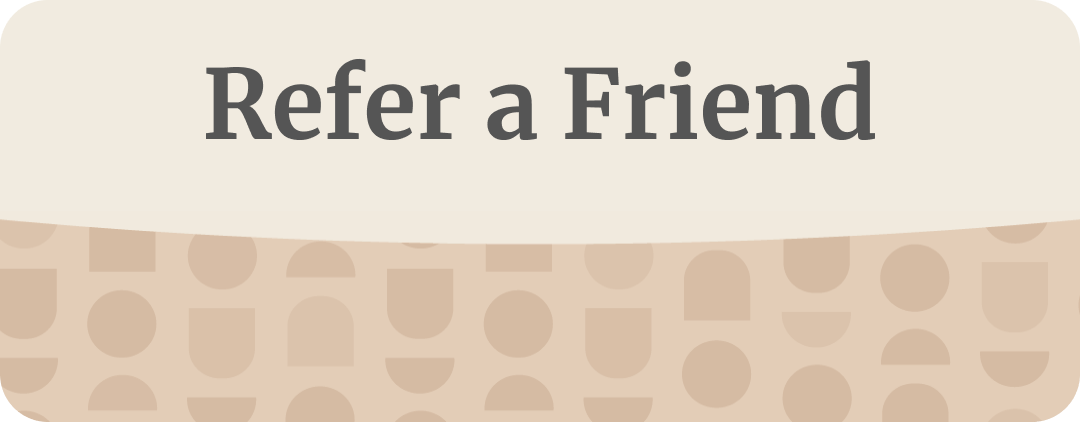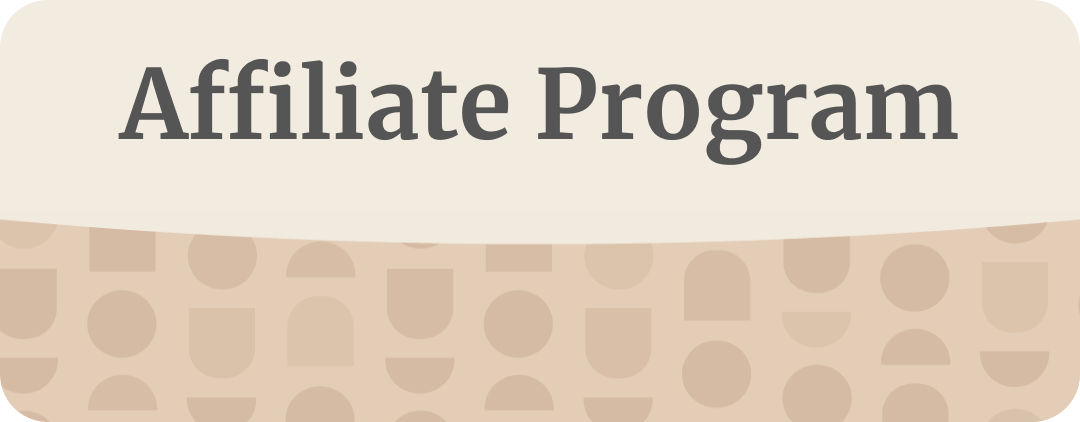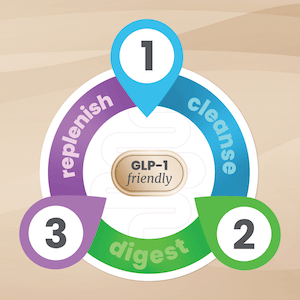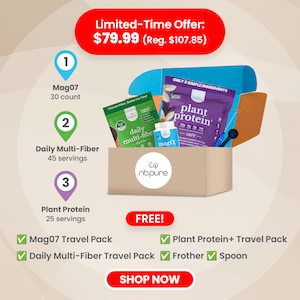With so many different diets out there, each with their own set of restrictive eating rules, it’s hard to know if your body is truly getting what it needs to function at its best. That’s why we’re breaking down some of the most popular eating patterns of 2021 to highlight which nutrients may be lacking in each and what supplements you should consider pairing with your diet.
Vegetarian: Plenty of studies will back up the claim that a vegetarian diet is a healthful way of eating. Vegetarians skip the meat, the fish, and sometimes the dairy too. Picking healthy food options, including plant-based proteins, will ensure that no nutrients are missed by cutting out those other elements.
- Vitamin B12 is an animal-based nutrient so if you are a dairy-free vegetarian, this is one vitamin that will help supplement your diet. NB Pure’s Methyl B-12 spray is a convenient source of vitamin B12 so you’re not missing out on this essential nutrient.
- Make sure to include iron rich plant foods in your diet, such as beans, lentils, tofu, leafy greens, potatoes, mushrooms, oats, and quinoa. Couple these with a source of vitamin C to ensure the iron can be fully utilized by your body.
- Fish oil, specifically omega-3 fatty acids like EPA and DHA, is another supplement that may be beneficial for vegetarians.
Vegan: A vegan diet is one that is void of all animal products—that means no meat, fish, dairy, eggs, honey, or anything made with gelatin, lard, or whey. It is a plant-based diet to the max, but also can be modified to individual preferences and nutritional needs. Similar to a vegetarian diet, with education and planning, the majority of our nutritional needs can be met through food with a few exceptions.
- Vitamin B12 will need to be supplemented on a vegan diet since no animal products are consumed.
- Without dairy products, vitamin D likely needs to be supplemented particularly in regions that don’t get a lot of sun.
- Fish oil, specifically long chain omega-3s DHA and EPA, are better absorbed from seafood. While it’s true that nuts and seeds also have omega-3s in the form of ALA, the body has to convert it to DHA and EPA which happens at a rate of about 5-10% conversion. So you’re not quite getting as much as you would from fish or a supplement.
- Other nutrients to note for vegans are calcium, iron, zinc, and iodine.
When following a vegan diet, a daily multivitamin with vitamin B-12, vitamin D, and omega-3s is almost essential.
The Flexitarian Diet: This way of eating is designed to be a flexible vegetarian diet, meaning that meat does not need to be eliminated entirely, just that it’s consumed in moderation. There shouldn’t be any nutrients completely lacking in this diet, but there are a few to be on the lookout for.
- Since meat consumption is reduced, it’s important to still include a source of protein at each meal.
- We obtain vitamin B12 from animal sources such as meat, fish, or dairy. If B12 sources are lacking in your daily diet, consider a supplement like NB Pure’s Methyl B-12 spray or a daily multivitamin.
- Make sure to include plant sources of iron, such as tofu, tempeh, nuts and seeds, beans, or lentils, into your daily meals as well and consume foods rich in vitamin C for better nutrient absorption.
Ketogenic (Keto) Diet: There are many different versions of the keto diet—at its roots, it’s a way of eating that restricts carbohydrates and increases fat intake to achieve the state of ketosis. Limiting carbs means cutting back on healthy, fiber-packed foods, like whole grains, fruit, beans, and legumes.
- One of the main complaints from people who have tried a Keto diet is constipation. If you don’t load up on low-carb veggies, you are likely missing out on fiber. NB Pure’s Daily Multi-Fiber can help support a healthy GI tract while on a ketogenic diet.
- Taking a daily multivitamin can also help provide B vitamins, magnesium, and antioxidants that you may also miss out on.
Whole30: The Whole30 diet is a restrictive, short-term eating plan that places focus on whole, real foods and eliminates all dairy, grains, beans, legumes, and sugar. Any time a diet removes entire food groups, there is bound to be some nutrients missing and, in this case, it may be quite a few.
- Calcium and vitamin D are two key ones that many Americans obtain from dairy and other fortified foods.
- With the removal of whole grains, beans, and legumes, you may miss out on B vitamins, fiber, and minerals like zinc, magnesium, and manganese.
- Antioxidant-like compounds called phytonutrients could be in low supply if you are skipping healthy fruits and veggies.
There are other sources of these nutrients, but this diet takes some research and planning to ensure all nutrients needs are met. At a minimum, a daily multivitamin may be beneficial.
Mediterranean Diet: There’s a reason why the Mediterranean diet has been consistently ranked atop the best diet lists each year and is considered to be the cream of the crop when it comes to healthy eating patterns. Generally, this way of eating is low in red meat, sugar, and saturated fats and high in fresh fruits and vegetables, nuts and seeds, whole grains, fish, and olive oil. As long as you aren’t skipping out on an entire food group here, there shouldn’t be any nutrients significantly lacking in this way of eating.

